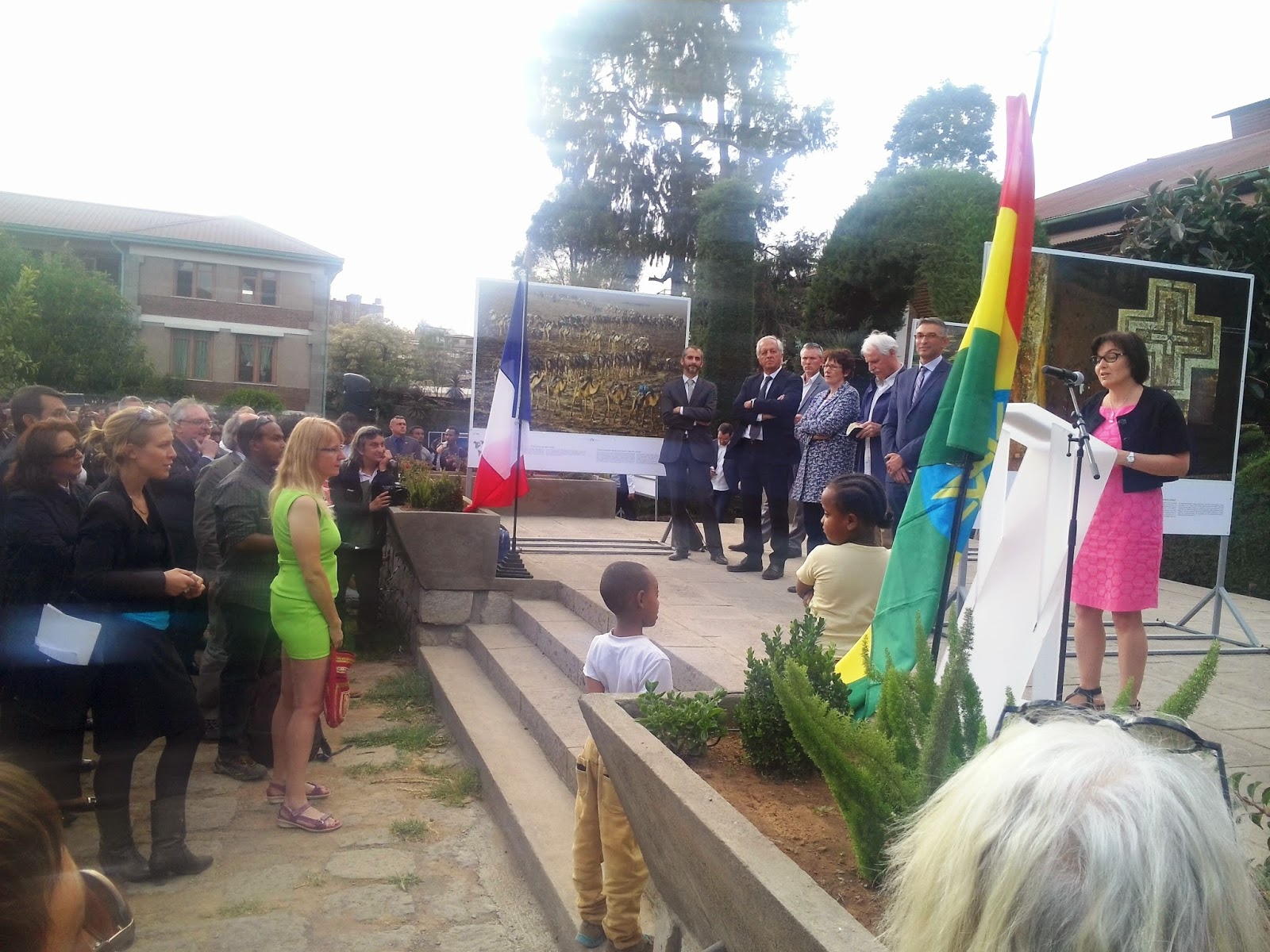Aaron yancho kaah
 The
Horn of Africa Re- Greening projects were
established to promote valuable
ecosystems and the bio diversity in the
Horn of Africa Regions through the rehabilitaion of degraded areas and to enhance the
the benefits of ecosystem good and services among its people and
communities.
The
Horn of Africa Re- Greening projects were
established to promote valuable
ecosystems and the bio diversity in the
Horn of Africa Regions through the rehabilitaion of degraded areas and to enhance the
the benefits of ecosystem good and services among its people and
communities.
Over the years the Horn of Africa region had face alarming levels of environmental
degradation as a result of unsustainable land mangement and natural resource use. This led to the
dwindling of the natural forest cover
for years leading to an enviromental deterioration according to the Re
greening program cordinator Dr. Almaz Tadesse. "While contributing to the
poorer livelihood conditions, they was increased vulnerability to the climate change impacts
that brought terrible consequences on the people and their resources" Dr Almaz remarked.




